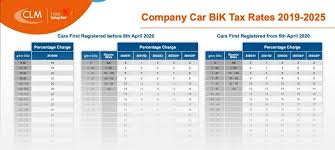A Comprehensive Guide to Car Tax in the UK

Introduction to Car Tax
Car tax, also known as Vehicle Excise Duty (VED), is a crucial aspect of vehicle ownership in the United Kingdom. It serves as a government revenue source to fund transportation infrastructure and is vital for maintaining the roads used by millions of drivers each day. Understanding car tax is essential for all vehicle owners as it directly impacts the cost of owning and operating a car.
The Importance of Car Tax
Car tax is determined based on several factors including the vehicle’s age, engine size, and carbon emissions. For the fiscal year 2023-2024, the UK government has made adjustments to the tax rates in line with the country’s environmental goals, incentivising the use of low-emission vehicles. As the UK’s commitment to reducing carbon emissions intensifies, car tax will play an increasing role in encouraging environmentally friendly practices among drivers.
Categories of Car Tax
Car tax is divided into several categories, including:
- Standard Rate: Applies to most vehicles registered after April 1, 2017.
- Banding Rate: Based on CO2 emissions; vehicles with lower emissions pay less tax.
- Historic Vehicles: Cars over 40 years old are currently exempt from car tax.
- Electric Vehicles: Fully electric cars may qualify for tax exemptions or reduced rates.
Recent Changes and Developments
In 2023, new regulations were introduced that affect tax rates for certain vehicle categories. Notably, petrol and diesel vehicles with higher emissions face increased charges, while electric vehicles continue to benefit from various incentives to promote their adoption. The government’s Green Plan aims to phase out the sale of new petrol and diesel vehicles by 2030, making car tax a significant consideration for future vehicle purchases.
Conclusion
In conclusion, understanding car tax is essential for UK drivers and prospective car owners. The recent changes signify the government’s shifting focus towards sustainability and low-emission vehicles. With the continuous rise in taxation for higher-emission vehicles, owning a low-emission or electric vehicle will not only help reduce tax liabilities but also contribute positively to the environment. As regulations evolve, staying informed about car tax is crucial to ensuring compliance and making economical choices when it comes to vehicle ownership.









